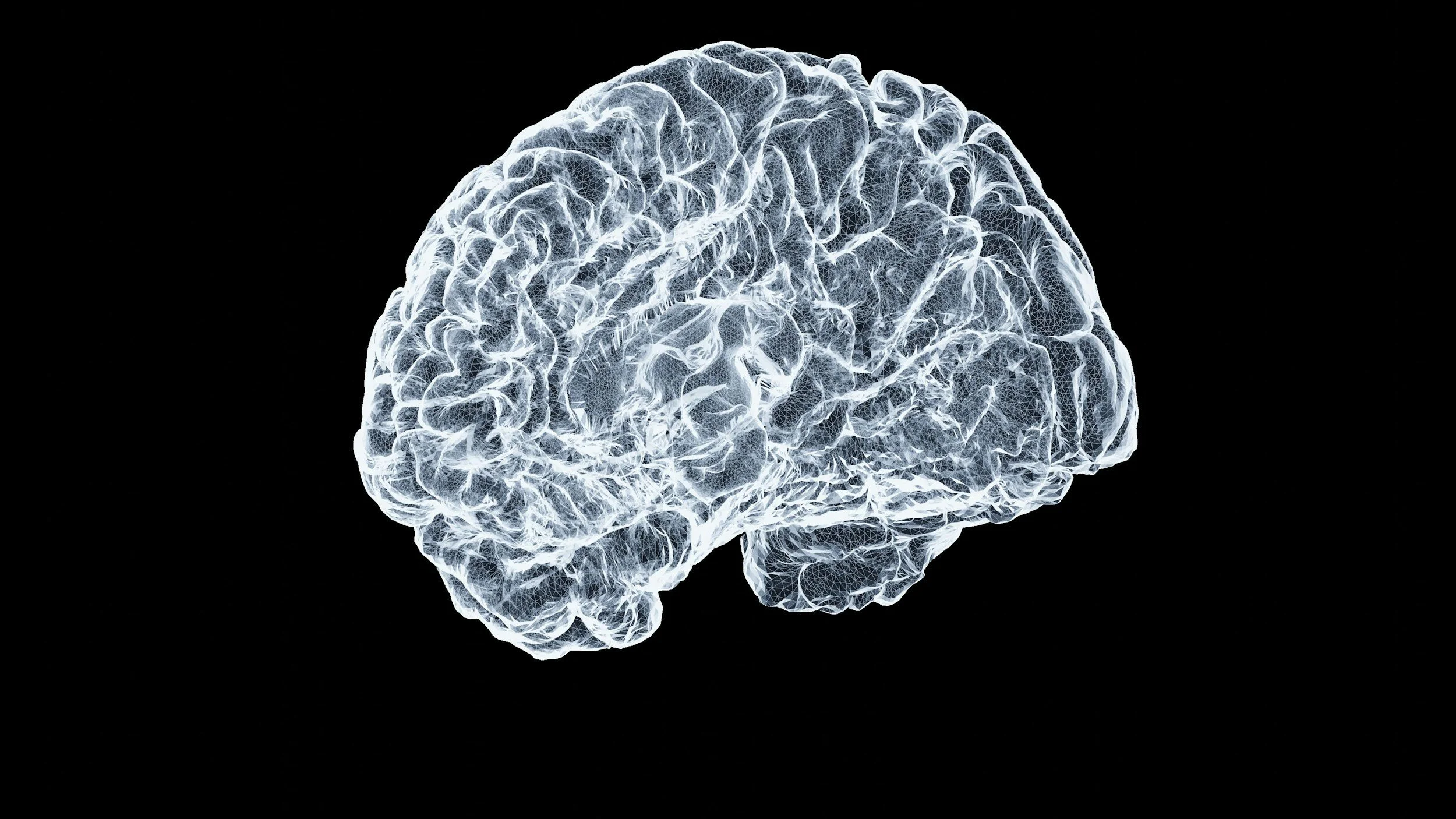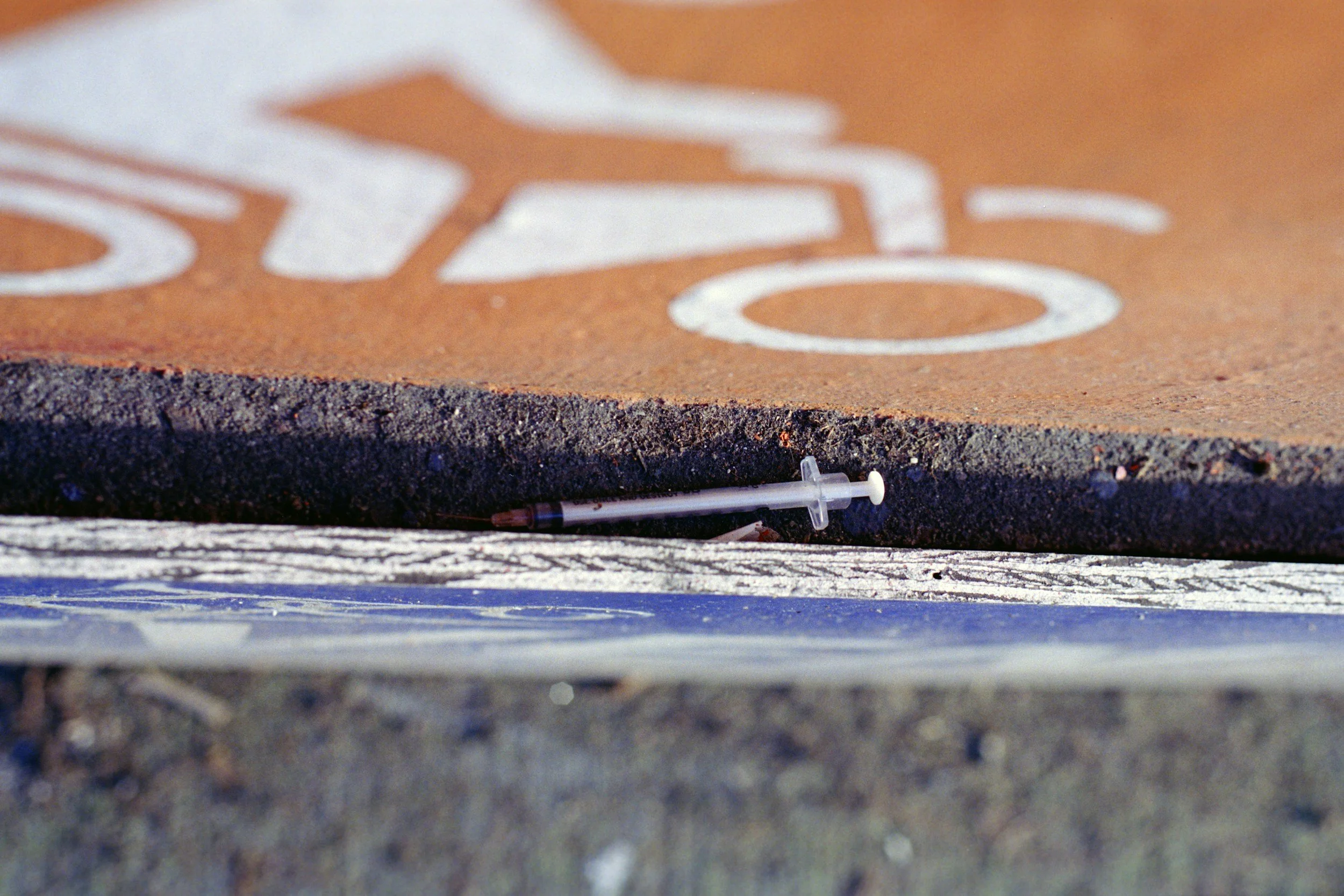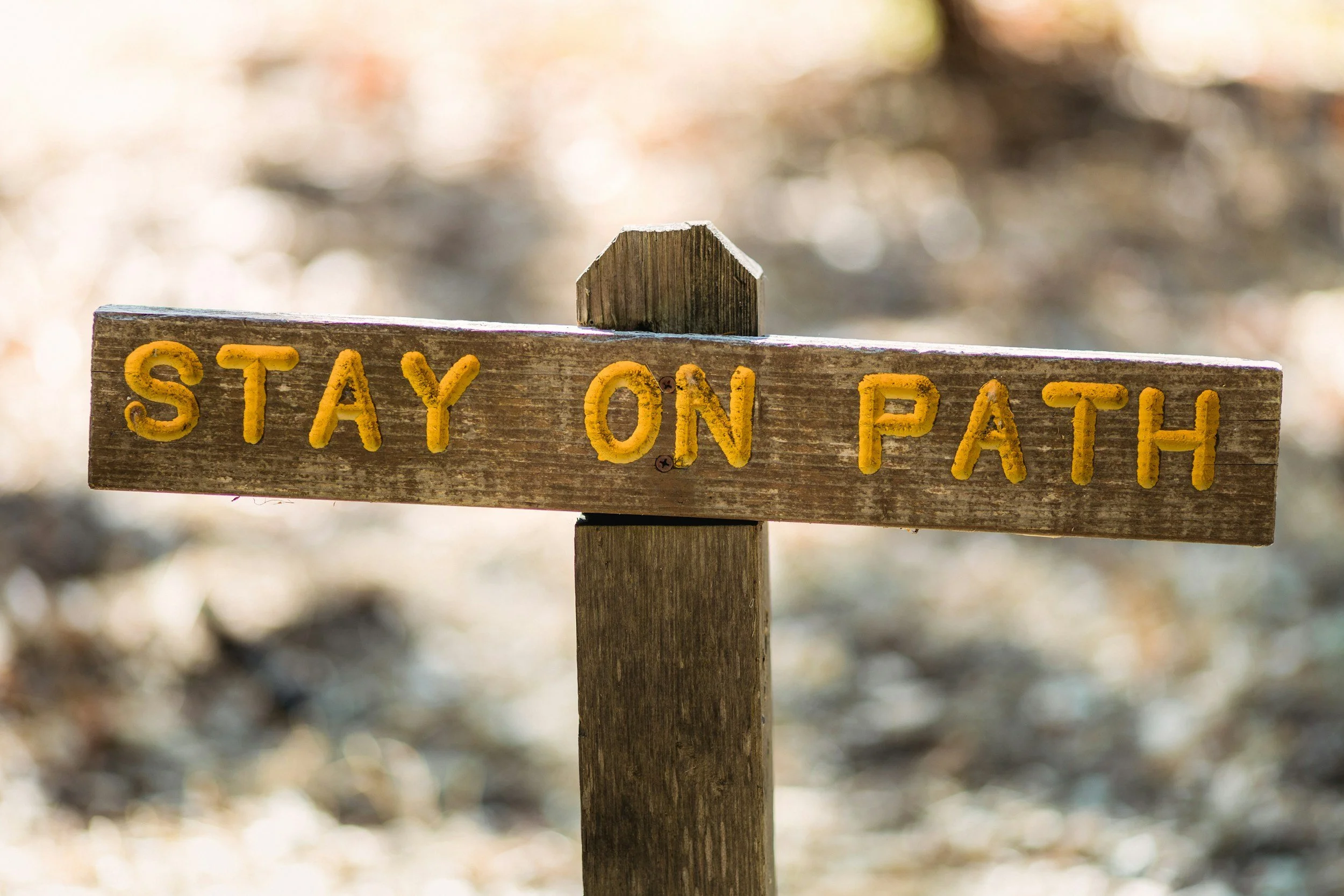Blog

Are We Treating Addiction — or Just Medicating It?
In the addiction field, we talk a lot about “root causes.” Trauma. Stress. Disconnection. Emotional pain. Genetics. Environment. Learned coping patterns. These are the forces that shape a person’s relationship with substances long before the first drink, pill, or hit ever becomes a problem.
Yet in the broader healthcare system, addiction is often approached through a very different lens — one shaped heavily by the pharmaceutical industry. Medications can play a valuable role in stabilizing people, reducing harm, and supporting recovery. But when medication becomes the primary or only intervention, something essential gets lost.
From where I sit as an addiction specialist, the issue isn’t that pharma is “evil” or intentionally blocking recovery. It’s that the system is built to prioritize symptom management over root‑cause healing, and pharmaceutical solutions fit neatly into that model.
Let’s unpack what that means.

Breaking the Cycle: How Polysubstance Abuse and Behavioural Addictions Hijack the Brain’s Reward System
Addiction rarely arrives as a single, isolated problem. In my work as an addiction specialist, I’ve seen how often substance use overlaps with behavioural addictions — gambling, compulsive sexual behaviour, gaming, shopping, even chronic social media use. When these patterns combine, they don’t just add up; they amplify one another, creating a powerful and destructive loop within the brain’s reward circuitry.
Understanding what’s happening inside the brain is one of the most empowering steps a person can take. Addiction is not a moral failure. It’s a neurobiological trap — but one that can be escaped with the right structure, support, and sustained action.

Polysubstance Use and the Path to Fentanyl Addiction: Understanding the Risks and the Road to Recovery
By: An Addiction Specialist
Polysubstance use—mixing or alternating between multiple substances—is one of the most dangerous patterns I see in addiction work. Many people don’t start with fentanyl. They begin with alcohol, cannabis, cocaine, benzodiazepines, or prescription opioids. Over time, tolerance grows, the brain adapts, and the search for a stronger or more reliable high begins.
This is often where fentanyl enters the picture—sometimes intentionally, sometimes without the person even knowing. And once fentanyl becomes part of the cycle, the risks escalate dramatically.

When Someone You Love Is Struggling: How Loved Ones Can Seek Help for Addiction
A perspective from an addiction specialist
When a partner, child, sibling, or close friend is battling addiction—whether it’s substances like alcohol or drugs, or behavioural addictions like gambling, pornography, or compulsive spending—the emotional weight can be overwhelming. Loved ones often carry fear, confusion, guilt, and exhaustion, all while trying to “hold everything together.”
As an addiction specialist, I want to say this clearly: you deserve support too. Addiction affects the entire family system, and healing requires care for everyone involved—not just the person using.

Switching Your Drug of Choice: An Addiction Specialist’s Perspective
One of the most misunderstood aspects of addiction is the phenomenon of switching your drug of choice. Many people in recovery believe that if they stop using one substance—say alcohol—and replace it with another—like cannabis, stimulants, or even compulsive behaviors such as gambling or sex—they’re still making progress. In reality, this is often just addiction in disguise.

Recovery Beyond Abstinence: The Power of Meditation, Awareness, Connection, and Movement
Recovery from substance use or behavioral addictions is not simply about stopping the addictive behavior—it’s about building a new way of living. As an addiction specialist, I’ve seen countless individuals discover that true healing comes from nurturing the mind, body, and spirit. Five practices stand out as pillars of sustainable recovery: meditation, awareness, community connection, reconnecting with old friends, and physical exercise

Chronic Alcoholism: The Battle Beneath the Surface
Alcoholism is not simply “drinking too much.” It is a chronic, progressive illness that rewires the brain, erodes relationships, and devastates health. For those caught in its grip, the struggle is not just about alcohol—it’s about the insidious cycle of relapse, the phenomenon of craving, and the baffling inability to stop despite devastating consequences.

Alcoholism & Drug Addiction: Why Treatment Is Essential
Addiction is often misunderstood. Many people see it as a matter of willpower, a bad habit, or a moral failing. But as an addiction specialist, I know the truth: alcoholism and drug addiction are chronic medical conditions that demand treatment. Left unaddressed, they erode health, relationships, and purpose. Managed with care, they can become the foundation for profound transformation.

Why Awareness Is the Key to Relapse Prevention
As an addiction specialist, I often tell my clients: recovery isn’t just about quitting a substance—it’s about understanding your brain. Addiction hijacks the mind in ways that make relapse not just possible, but likely—unless we learn to recognize and respond to the internal tug-of-war between our emotional and logical selves.

Chronic Marijuana Use and Behavioral Addictions: A Hidden Link
As an addiction specialist, I’ve seen firsthand how substance use and behavioral addictions often intertwine in complex and surprising ways. One of the most overlooked relationships is the correlation between chronic marijuana use and behavioral addictions such as pornography and video gaming. While these behaviors may seem unrelated on the surface, they often share underlying psychological mechanisms—and when combined, they can reinforce each other in ways that deepen dependency and impair functioning.

20 Things to Watch Out for at 30 Days Sober
Thirty days sober is a powerful milestone. It’s proof that change is possible, that healing has begun, and that the fog is lifting. But it’s also a vulnerable time. The brain is still recalibrating, emotions are raw, and the temptation to “test the waters” can creep in. As an addiction specialist, I’ve seen this phase make or break recovery. Here are 20 things every newly sober person should watch out for—and how to stay grounded in your new life.

Loving Someone with Addiction: The Courage to Set Boundaries and Follow Through
Living with a partner who suffers from addiction is one of the most emotionally complex experiences a person can face. You love them. You’ve built a life together. You’ve seen their potential, their tenderness, their dreams. But addiction doesn’t care about love—it hijacks the brain, distorts behavior, and erodes trust.
As an addiction specialist, I’ve worked with countless spouses and partners who feel torn between compassion and survival. They ask: “How do I help without losing myself?” “When do I draw the line?” “What do I do when promises are broken again and again?”
This blog is for you.

The First 30 Days: Why Detox Is the Gateway to Healing
In the world of addiction recovery, few steps are as critical—or as misunderstood—as detox. It’s often seen as a hurdle to get past, a painful necessity before “real” treatment begins. But as an addiction specialist, I see detox differently. It’s not just a medical process—it’s a sacred reset. It’s the moment when the mind, body, and spirit begin to reclaim their original rhythm after being hijacked by substances.
The first 30 days of detox are intense, yes—but they’re also profoundly transformative.

The Power of Recovery: Why Honesty with Yourself Is Everything
Recovery isn’t just about quitting a substance or behavior—it’s about reclaiming your life. It’s about waking up each day with clarity, purpose, and the ability to face yourself in the mirror without flinching. And at the heart of every successful recovery journey lies one non-negotiable principle: radical honesty with oneself.

The Highs and Lows of Early Sobriety: Managing Stress and Over-Excitement
Early sobriety is a fragile, powerful time. For many, it feels like waking up after years of emotional numbness. Suddenly, everything is louder—joy, fear, hope, anxiety. But here’s the paradox: both stress and over-excitement can be dangerous in early recovery. As an addiction specialist, I’ve seen how these emotional extremes can trigger relapse if not understood and managed.
Let’s explore why this happens—and how to stay grounded while rebuilding your life.

“I’ll Just Control It Today and Stop Tomorrow”: The Lie Addiction Loves
If you’ve ever struggled with alcohol or substance use—or loved someone who has—you’ve likely heard this phrase:
“I’ll just control it today. I’ll stop tomorrow.”
It sounds rational. It sounds hopeful. But as an addiction specialist, I can tell you: this thought is not a plan. It’s a trap.
This mindset is one of the most insidious cognitive distortions in addiction. It masquerades as self-control, but it’s actually the voice of denial, bargaining, and fear. Let’s unpack why this thinking is so dangerous—and how to break free from it.

Why Recovery Is Worth It: From Pain to Purpose
If you’re standing at the edge of recovery, wondering whether it’s worth the fight—let me speak to you directly. I’ve walked alongside people in the darkest corners of addiction, and I’ve seen what happens when they choose to rise. Recovery is not easy. In fact, the beginning can feel like the hardest thing you’ll ever do. But the rewards? They’re life-changing. They’re soul-restoring. They’re worth every tear, every craving, every moment of doubt.

When Alcohol Meets Cocaine: Understanding the Double-Edged Danger
In the world of substance abuse, few combinations are as volatile—and as common—as alcohol and cocaine. On their own, each substance carries serious risks. Together, they create a chemical cocktail that’s not only dangerous but deeply deceptive. As an addiction specialist, I’ve worked with countless individuals caught in this dual trap. The good news? Recovery is possible. But first, we need to understand the nature of the beast.

Chronic Marijuana Use & Binge Drinking: A Dangerous Duo
As an addiction specialist, I’ve worked with countless individuals who believed marijuana was harmless—“just a plant,” “not addictive,” or “better than alcohol.” While it’s true that marijuana doesn’t carry the same overdose risk as opioids or alcohol, chronic daily use can quietly erode physical, mental, and emotional health. And when binge drinking enters the picture, the consequences can compound in ways that are often underestimated.

Addiction: A Lifelong Battle That Demands Lifelong Commitment
As an addiction specialist, I’ve witnessed firsthand the profound toll addiction takes—not just on the body, but on the mind, relationships, and sense of self. One of the most misunderstood truths about addiction is that it’s not simply a phase or a bad habit. It’s a chronic, relapsing condition that rewires the brain and reshapes behavior. And while recovery is absolutely possible, it requires ongoing effort, vigilance, and an unwavering commitment to growth.
